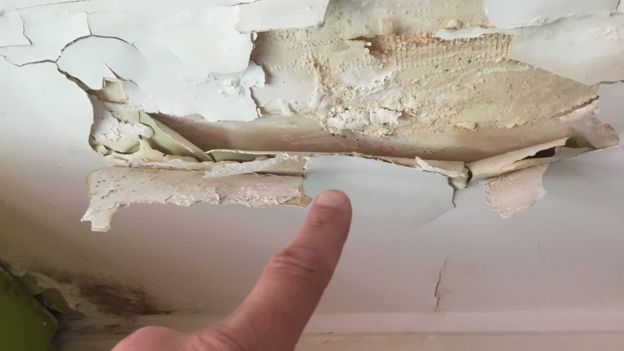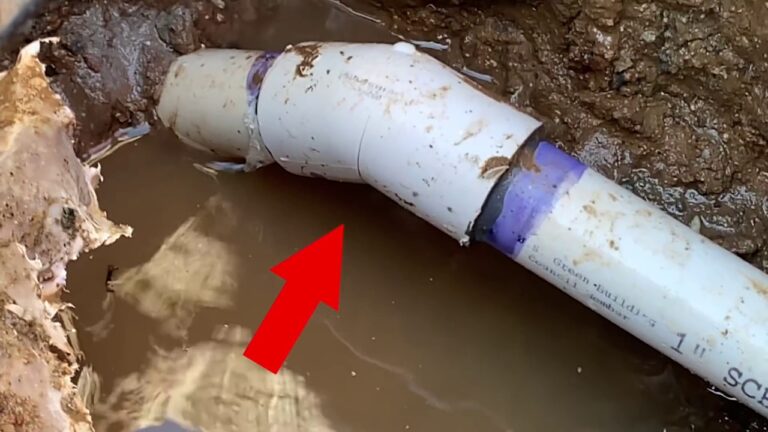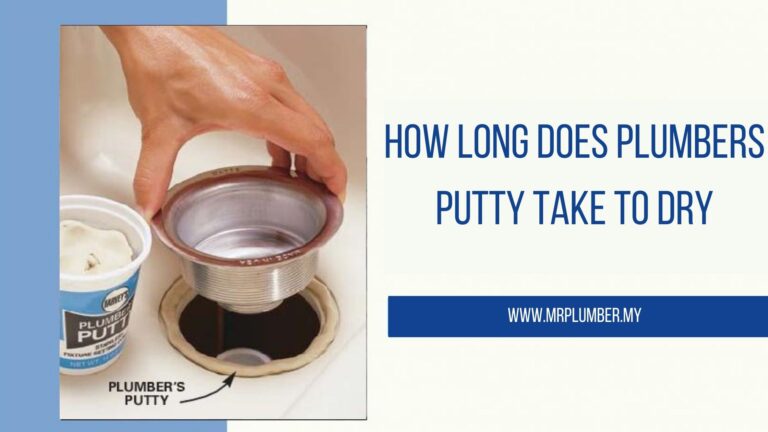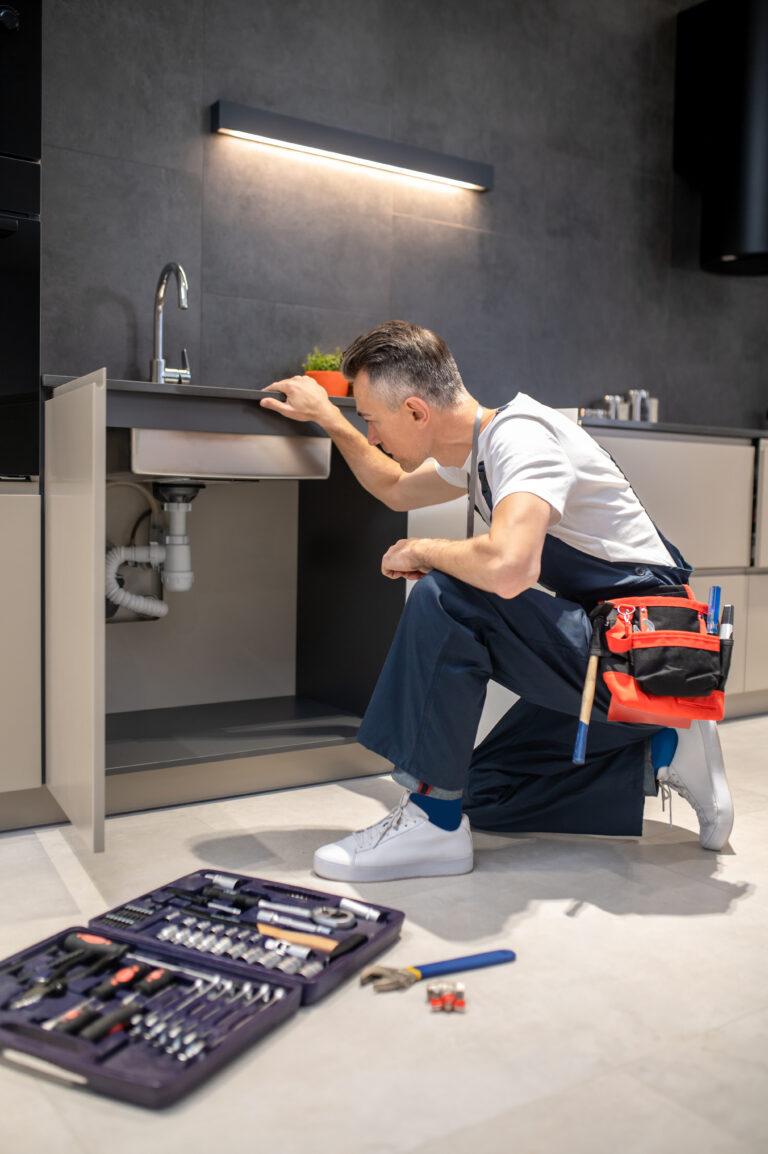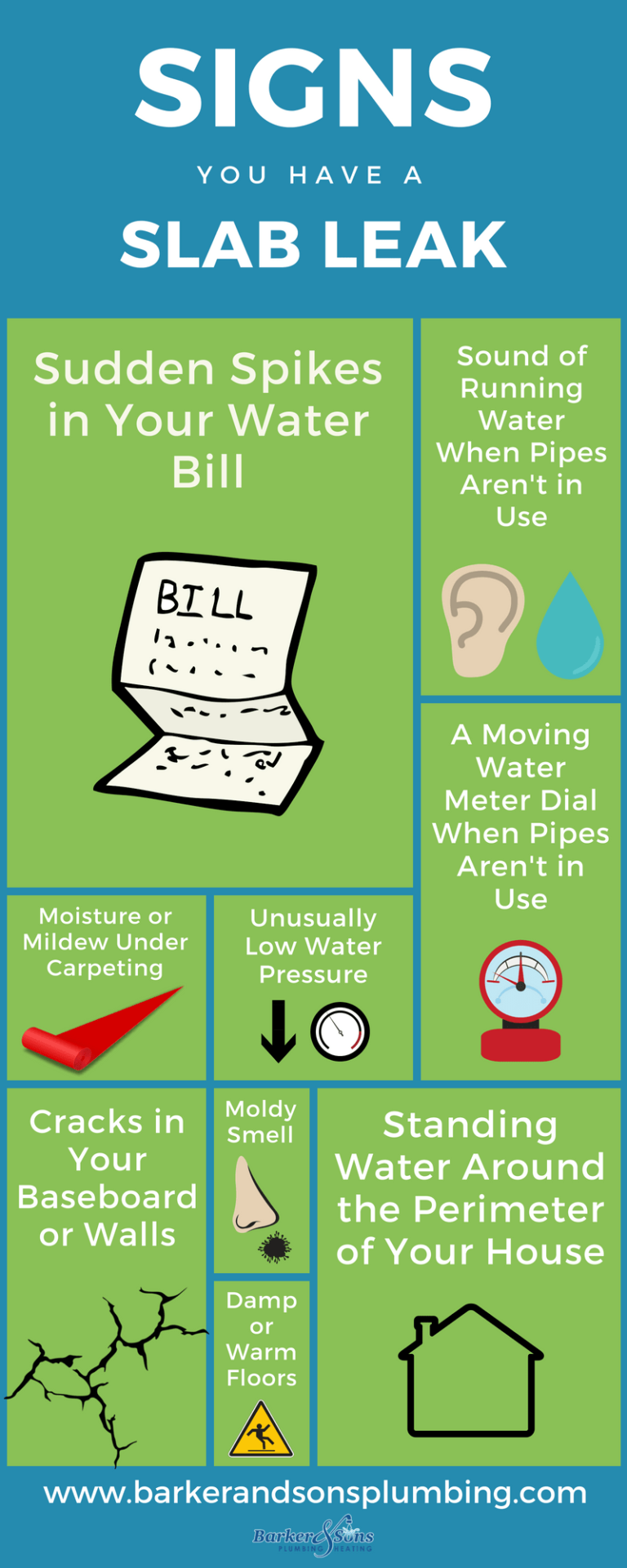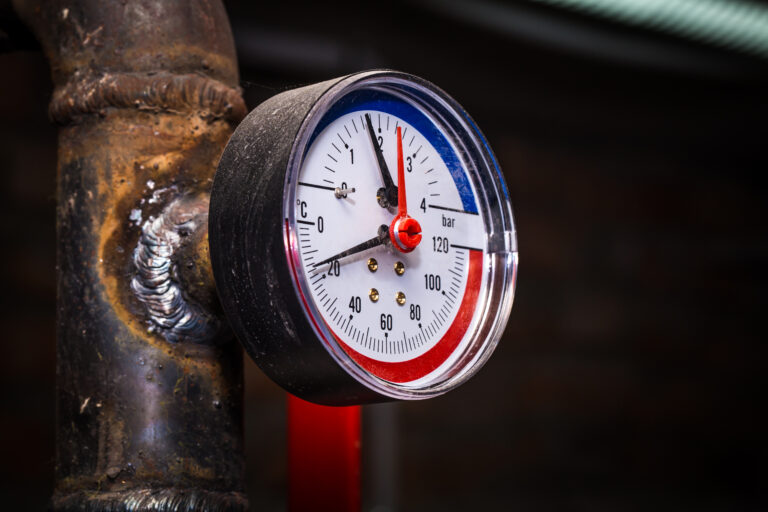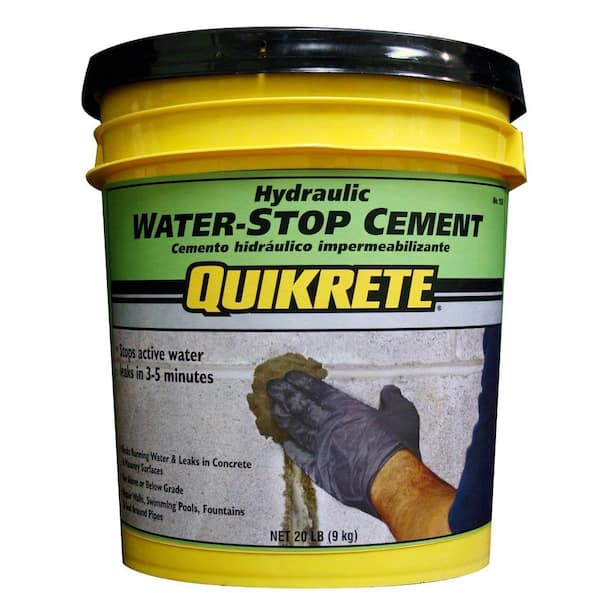What Is Water Leakage Problem?
Water leakage is a common problem in many homes and businesses. It is caused by a variety of reasons, such as old pipes, faulty connections, and natural disasters. Water leakage can cause extensive damage to the property, including mold, rot, and structural damage. It can also lead to higher water bills if left unchecked. Water leakage can be prevented by promptly addressing the source of the problem, such as broken pipes, faulty connections, or blocked drains. Regular maintenance can also help to reduce the risk of water leakage and the resulting damage.
What Causes Water Leakage?
Water leakage is a common problem that many homeowners experience. Leaks in plumbing fixtures, water pipes, and other areas can lead to costly repairs and other problems. To prevent water leaks and the associated damage, it is important to understand what causes them.
The most common causes of water leakage are broken pipes, a faulty pressure valve, and clogged drains. A pipe can break due to age, corrosion, or physical damage. A pressure valve can become faulty due to improper installation or maintenance. Clogged drains can be caused by soap residue, hair, or other debris.
It’s also important to be aware of the signs of water leakage. If you notice wet spots on the ceiling or walls, a musty smell, or a sound of running water, it’s likely that you have a water leak. It’s also important to check your water bill for any sudden increases that could be caused by a leak.
The best way to prevent water leakage is to inspect your plumbing system regularly. Check all of your pipes for visible signs of wear and tear, and make sure to replace any broken or faulty parts. Additionally, it’s important to keep your drains free of clogs and debris.
By understanding what causes water leakage and taking preventative measures, you can protect your home from costly repairs and other damage.
How to Detect Water Leakage?
Water leakage is a common problem in many homes and buildings, and it can cause significant damage if left unchecked. While it is always best to act preventatively and fix potential problems before they become serious, water leakage can be difficult to detect. The key is to look for signs that indicate water is escaping from a pipe or other source.
One of the most common signs of water leakage is the presence of water on walls, floors, and ceilings. This could indicate a leaking pipe, especially if the water has an unusual odor or discoloration. Additionally, water bills that are significantly higher than usual can be a sign of leakage, as can the sound of dripping or running water.
Another way to detect water leakage is to check for mold or mildew. If you notice a musty smell or discolored spots on walls or ceilings, this could be a sign that there is water leaking somewhere. Lastly, check the outside of your house for wet spots, which could indicate a pipe leak in the walls or underground.
The best way to prevent water leakage is to regularly inspect your plumbing system for any signs of damage or wear. Additionally, if you notice any of the signs mentioned above, contact a plumber to take a look at your system as soon as possible. Taking these steps can help to avoid costly repairs in the future.
The Cost of Water Leakage
Water leakage is a common problem that leads to expensive repairs and damages. It can occur in any part of the house, from the roof, walls and even underground. The cost of repairing a water leakage can be quite hefty, and can range from hundreds to thousands of dollars. While the cost might be initially quite overwhelming, it is important to remember that the costs associated with water leakage are much more than just the repair cost. The long-term effects of water damage can be far more expensive and can include structural damage, mold growth, and even health risks.
Therefore, it is important to identify and fix water leakage problems as soon as they arise. Regular inspection and maintenance of the house can help prevent water leakage and the associated costs. Additionally, homeowners should also invest in water leak detection and prevention systems. These systems can help detect water leaks and alert homeowners to potential issues, helping them take immediate action and save from costly repairs in the long run.

Potential Health Hazards of Water Leakage
Water leakage problems can have serious health implications if left unchecked. Not only can water damage property, but it can also create an environment conducive to the growth of mold, which can cause health issues such as allergies, asthma, and other respiratory illnesses. Additionally, water leaking into electrical systems can cause a potential fire hazard, putting occupants at risk of injury or even death. Furthermore, water leakage can cause the growth of bacteria, leading to various infections.
To prevent health issues caused by water leakage, it’s important to identify and address any potential problems early on. Regular maintenance and inspections, especially around plumbing systems, can help identify and prevent water leakage problems before they start. Additionally, ensure that your home is well-ventilated, free from excess moisture, and properly insulated. Taking these steps can help keep your family safe from any potential health hazards associated with water leakage.
Steps to Prevent Water Leakage
Water leakage is a common problem that can lead to costly repairs and water damage. Fortunately, there are some simple steps you can take to prevent water leakage in your home or business. Start by inspecting the pipes and check for any cracks or loose connections. Make sure to replace any broken pipes and tighten any loose connections. Check the water pressure in the pipes and make sure it is not too high. Make sure to install a water pressure regulator to reduce water pressure if needed. Additionally, check the roof for any holes or cracks and seal them with waterproof sealant to prevent water from entering the building. Lastly, consider installing a water shut off valve near the water source to easily shut off the water supply in case of emergency. By following these simple steps, you can help prevent water leakage in your home or business and save yourself from costly repairs.
How to Repair Water Leakage?
Water leakage is a common problem in many homes and buildings. It can cause significant damage to property and lead to costly repairs. Leaks can also cause costly water bills and, in some extreme cases, create health risks. Fortunately, repairing water leakage is possible with the right tools and techniques.
Identifying the source of the leak is the first step in repairing water leakage. This may involve using a water leak detector or simply examining the area for signs of a leak. Once the source of the leak has been identified, the next step is to repair the leakage. This may involve replacing the damaged section of the pipe or, in some cases, using a sealant to plug the leak.
When repairing water leakage, it is important to use the appropriate materials. For example, a plumber’s tape should be used for PVC pipes, while a mastic sealant should be used for copper pipes. Additionally, it is important to ensure that the repair is done correctly, as any mistakes could result in further damage and costly repairs.
Finally, it is important to inspect the area after the repairs are completed. This will help to ensure that the leakage has been effectively repaired and that the area is safe and secure. By following these steps, homeowners and building owners can effectively repair water leakage and prevent further damage and costly repairs.
FAQs About the What Is Water Leakage Problem?
Q1: What causes water leakage problems?
A1: Common causes of water leakage problems include broken pipes, inadequate insulation, clogged drains, and poor caulking or sealant around windows and doors.
Q2: How can I find and fix a water leak?
A2: You can find a water leak by inspecting your home for signs of moisture or dampness. If you find any, you can trace the source of the water and repair the leak.
Q3: What should I do if I find a water leak?
A3: If you find a water leak, it is important to take immediate action to prevent further damage from occurring. You should contact a professional to assess the situation and identify the best solution.
Conclusion
The water leakage problem is an all-too-common issue and can lead to a variety of other problems. It can be caused by a variety of factors, from broken pipes to faulty plumbing and even extreme weather conditions. Fixing a water leakage problem as soon as possible is essential for preventing further damage and costly repairs. With the right maintenance and preventative measures, homeowners can help to minimize the risk of a water leakage problem.

